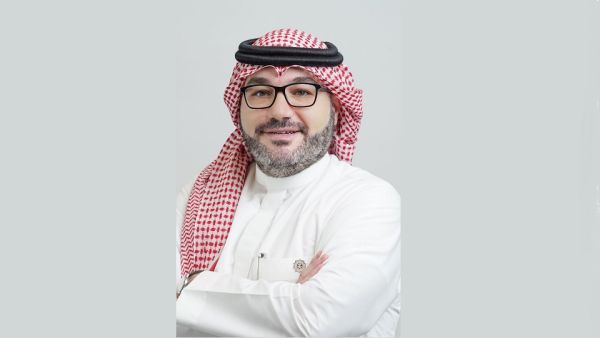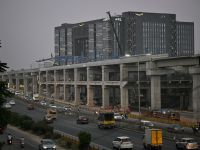KPMG Report: One Size No Longer ‘Fits All’ As Cities Focus On Health, Well-being

“The Line”, with nor cars and roads, in the US$ 500 billion NEOM is people-centric initiative by Saudi Government
Cities are now at a historic inflection point as health, sustainability and community well-being gain
WEF Framework Future of Real Estate report emphasized cities’ need to provide buildings and spaces that are liveable, sustainable, resilient, affordable.
RIYADH, DUBAI - January 19, 2022: Health and well-being are taking center stage among cities looking to create a unique and reimagined future for urban life, leaving behind the ‘one-size-fits-all’ mindset of the world’s urban planners for the last 100 years, according to KPMG’s Future of Cities publication.
The COVID-19 pandemic’s profound impact revved the pace of emerging changes that today hold undeniable implications for the decline of the traditional ‘centralized city’ model and the future of cities.
“Cities are now at a historic inflection point as health, sustainability and community well-being gain - new prominence in the public eye,” commented Ismail Alani, Head of Government and Public Sector at KPMG in Saudi Arabia.
The long-embraced key assumptions of traditional urban planning are being challenged, he stated, as cities and their leaders take a hard look at how they will rethink the future.
The Saudi Arabian government is placing people at the center of urban transformation. Among the many forward-looking city project is “The Line” in the US$ 500 billion NEOM digital transformation megaproject.
The Line will be connected by high-speed transit and autonomous mobility solutions, serving an estimated population of one million residents. It will have no conventional cars or roads — a decision aimed at basing life around walkability. As a result, daily needs will be within a five-minute walk of anyone’s place of residence.
“The future is about putting people at the center of urban transformation to provide convenient and reliable access to all of the services needed to live, learn and thrive within their immediate vicinity,” Alani noted.
Beyond the rapid transformation of their work lives, people are increasingly embracing a localized approach to life and leisure as more activities shift to local communities and convenient online services in the wake of the pandemic, according to the KPMG publication. However, people are not about to abandon city centers and the civic spaces that contribute to the vibrance and excitement of urban life.
The study also states that unavailability of affordable housing continues to resemble a significant challenge in the progression of many cities, and suggests to use technology to address the full spectrum of problem solving towards a new future, as well as investing in new digital and data capabilities to build new cultures of innovation while respecting that not all individuals are digitally enabled.
The publication mentions the Sakani by platform, by the Ministry of Municipal, Rural Affairs and Housing (MOMRAH) as a solution in this direction. It allows users to browse through available projects, apply and get instant approval based on their eligibility, and thus supports to establish inefficiencies in the affordable housing market and to better and more quickly match homebuyers with homes.
The World Economic Forum’s (WEF) April 2021 Framework for the Future of Real Estate report emphasized tomorrow’s cities’ need to provide buildings and spaces that are liveable, sustainable, resilient, and affordable for all.
“The pandemic has demonstrated how profound change can rapidly emerge in society with continued evolution toward cities that are truly liveable, sustainable, resilient and affordable. But the time to act is now,” Alani concluded.
Background Information
KPMG
Through helping other organizations mitigate risks and grasp opportunities, we can drive positive, sustainable change for clients, our people and society at large.
KPMG member firms operate in 153 countries, collectively employing more than 207,000 people, serving the needs of business, governments, public-sector agencies, not-for-profits and through member firms' audit and assurance practices, the capital markets. KPMG is committed to quality and service excellence in all that we do, bringing our best to clients and earning the public's trust through our actions and behaviours both professionally and personally.






